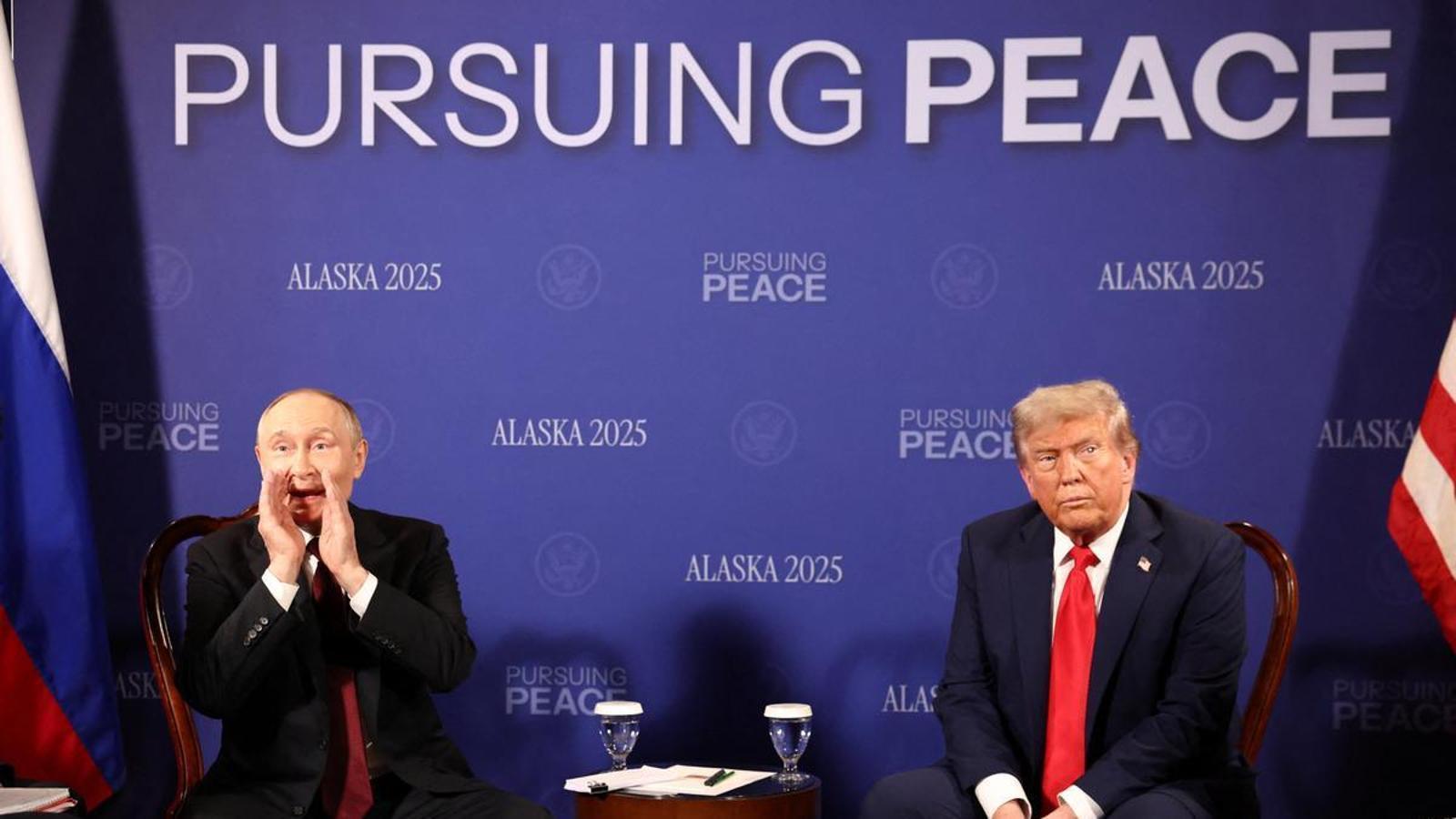The cast


With the division of Ukraine already given and blessed between the US and Russia, and with a peace summit in Alaska While this was merely the first step in validating the extortion before the international community (read: the European Union) and before the extortionee, Zelensky, it may have become clear that Putin's intention when he entered Ukraine on February 24, 2022, was not exactly to denazify the area, as he claimed. Nor was it a question of carrying out any surgical intervention in the Donbas and then withdrawing (for months, the Kremlin denied that there was a war between Ukraine and Russia). It was a full-fledged military invasion, against which Ukraine has defended itself as best it could and knew how, with far more efficiency and determination than could have been initially expected, even if it only ended in defeat.
The logic of this invasion responded to a variety of motives, among which stand out the expansionist aspirations of a Putin who three years ago appeared daily in the international press as the new Hitler, but who now returns to being a perfectly normalized actor, with a leading role, in the geopolitical theater. It is appropriate to underline all this by recalling those who, three years ago, maintained that military support should not be provided in Ukraine because they were "Nazis." They also affirmed that Putin should not be demonized because he represented a counterpower to the US, always imperialist and evil by nature. Today, Putin is being whitewashed by the US, specifically by a president named Trump who has given himself, in this conflict, an arbitrary role that he interprets from opportunism and deceit. cowboy diplomacy that he and his secretaries of state like so much. As for their relationship with Putin, the American and Russian presidents sometimes clash over their excessive egotisms, but they are completely in agreement on their anti-Europeanism and desire to destabilize the West and liberal democracies, with the aim of moving toward an authoritarian world based on potentially strong borders, based on borders that could reinforce the hegemony of the US and Russia.
It's an insufficient approach, one that neglects the decisive role that the Indo-Pacific region plays in the current scenario and in the short-term future. But it is the approach of the Kremlin and the White House, which divides Ukrainian territory and its resources while further weakening NATO and the European Union with the servile acquiescence of leaders like Mark Rutte and Ursula von der Leyen. Talking about Europe's irrelevance has become almost a commonplace, but it would be worth asking whether this irrelevance isn't too deeply ingrained in us. Whether we shouldn't be able to demand more from a Europe that, compared to the giants, we know will always remain small. But this smallness can become an excuse, when the problem is also a lack of consistency in terms of the EU's political structure and leadership.
